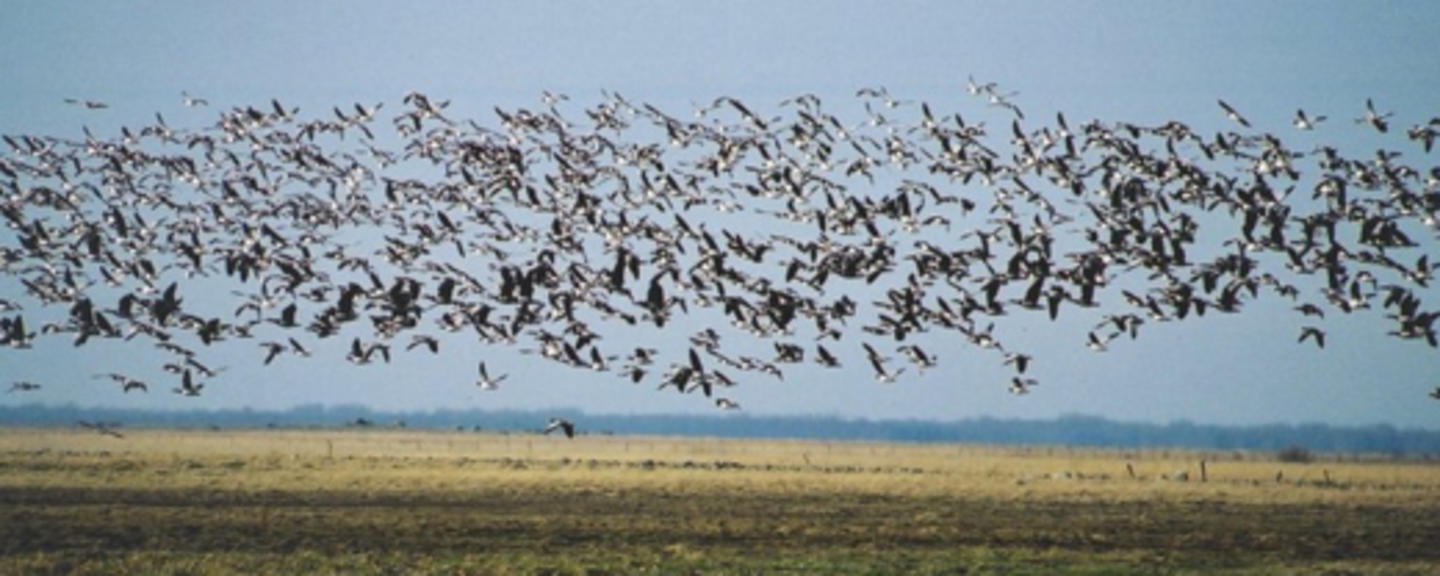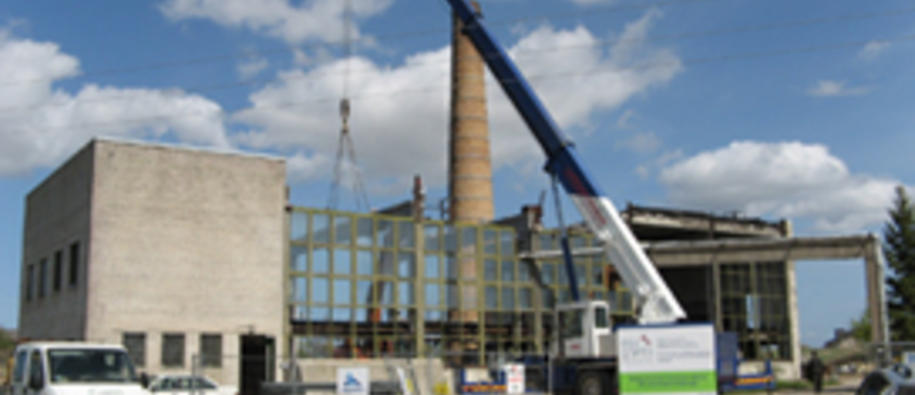In 2006, Lihula town was facing rapidly growing fossil fuel prices. The Municipality owned district heating company OÜ Lihula Soojus used oil shale oil to heat the buildings connected to the district heating network, causing 1350 tonnes of CO2 emissions annually. At the same time, in Lihula Municipality considerable available renewable biofuel resources remained unused.
Conversion to biofuels
In 2008, Iceland, Liechtenstein and Norway provided the necessary co-financing to convert to biofuels at the district heating plant. A new multi fuel boiler for burning biomass and wood chips was installed, the district heating facility was enlarged to guarantee sufficiently high and large biofuels storage, new water treatment systems were installed and the piping inside the boiler house was renewed. Today oil shale oil is only used as reserve fuel.
By replacing the fossil fuelled boiler by a new biomass boiler, the energy company OÜ Lihula Soojus will reduce CO2 emissions in the municipality from 1350 tonnes annually to 27 tonnes. The project also secures the municipality with local and stable heating fuel and offers a use for the grass from the alluvial meadows of the Matsalu Nature Park, which have to be mowed annually in order to preserve the natural diversity in the area.
The project is the first of its kind in Estonia and many other heating facilities are closely following Lihula`s progress and experience, ready to copy the model.
Consult a PowerPoint presentation of the project.
Photos: OÜ Lihula Soojus

